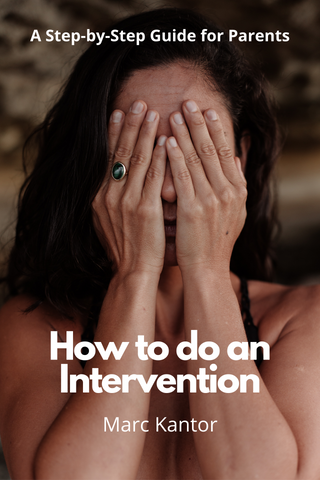The Opioid Crisis: Get Help in Florida
I arrived in South Florida this summer from Washington, D.C. with over thirteen years of sobriety. Over those years, I have attended thousands of twelve-step meetings, and have heard mostly everything, including loss of children, financial ruin, prison time, overdoses, and suicides, but in the short time since taking residency in the Sunshine State, my previous understanding of the existing opioid crisis has been expanded far beyond what I previously imagined.
I recently met a 35-year-old man who came here 5 years ago to clean up from a pill addiction and became addicted to shooting heroin. Soon after arriving this once married, professional, New Jersey homeowner was sleeping on a cardboard box on the side of the road; he spent his waking hours wondering where the cars were going. He imagined them going home to a clean, comfortable bed and a welcoming wife. I think about this man often and how demoralizing his experience must have been. Sadly he is not alone, I have heard many similar stories. Most sobering for me is hearing young people say they "decided to be homeless". This choice of words haunts me.
I am not picking on Florida per se, but living here and being part of the local recovery community puts the problem right in my face. It all begs the question, what would I do if my South Florida teenager or adult-child were addicted to heroin; the answer for starters would be to get them out of South Florida if they can't stay sober. The risk of not pulling them out is too high. Opioid-related deaths occur at an instant; there is no opportunity to contemplate second chances or make good on previously broken promises of getting clean.
Unlock Our Free Sobriety Agreement and Relapse Prevention Plan
If someone you know is struggling with addiction, we can help. Get guidance today.
South Florida Intervention offers exclusive solutions for families struggling with the devastating effects of addiction. Marc Kantor is a professional interventionist and the founder of South Florida Intervention, based in Boca Raton, FL. If someone you know is struggling with addiction, we can help. For additional information please e-mail us at marc@southfloridaintervention.com.

Download Free Guide: How To Do An Intervention
GetHelpForAddiction.com
